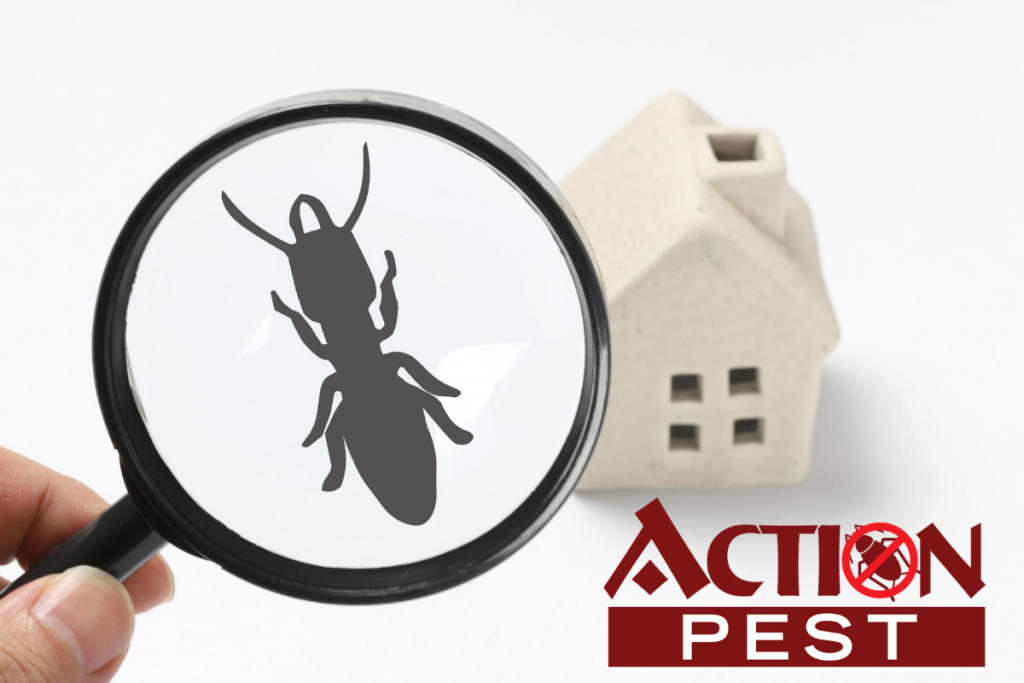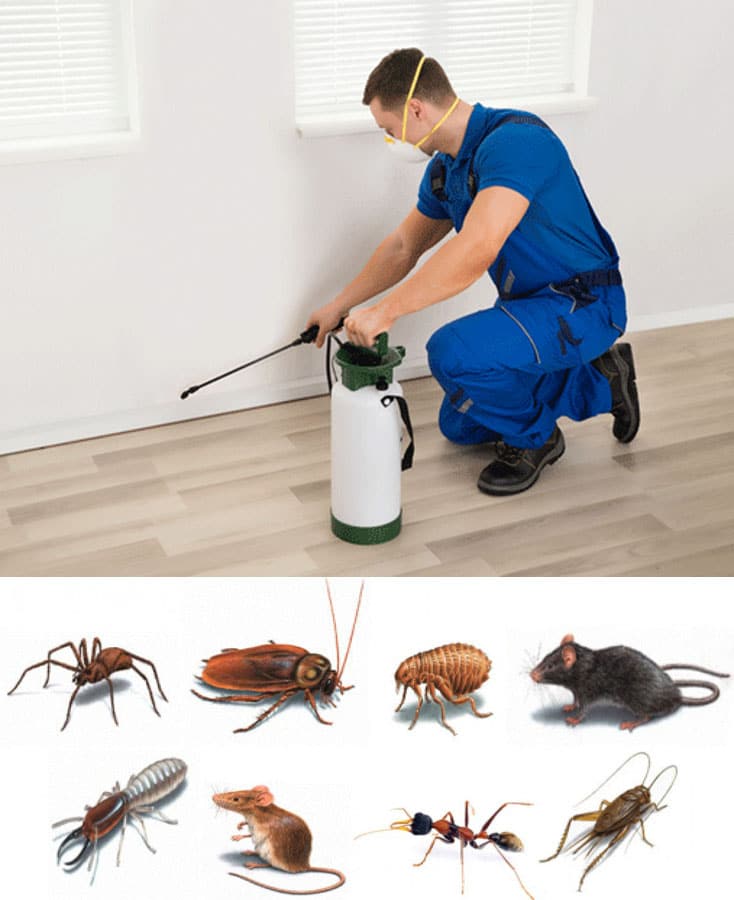Trusted Exterminator Coquitlam Services for Effective Pest Management
Safe and Reliable Bug Control for Lasting Defense
Effective pest monitoring needs a multifaceted technique that balances environmental integrity with the requirement for reliable parasite suppression. The subtleties of these techniques might not be immediately clear, triggering a closer exam of the methods that can lead to lasting bug control end results.
Understanding Bug Control Techniques
Parasite control incorporates a selection of methods focused on managing and getting rid of unwanted insects and rodents that can intimidate both wellness and residential property. Comprehending these approaches is essential for effective pest administration.
The primary classifications of parasite control approaches consist of mechanical, biological, and chemical strategies. Mechanical techniques include physical obstacles and catches to stop parasite entrance and capture undesirable types. For example, using displays on home windows or employing sticky catches can substantially lower insect populaces without introducing hazardous materials.

Chemical bug control is often one of the most acknowledged method, making use of chemicals to eliminate pests. These chemicals can be effective yet should be made use of with caution to stay clear of negative results on non-target species and the setting.
Advantages of Eco-Friendly Solutions
How can green solutions change pest control techniques? The adoption of environmentally friendly insect control approaches supplies various benefits, significantly boosting the performance and safety of insect administration.

Another benefit is the favorable effect on neighborhood biodiversity. Eco-friendly options are developed to target specific insects while maintaining valuable pests and wildlife, promoting a well balanced ecological community. This technique straightens with the growing consumer need for lasting techniques, improving the track record of bug control providers.
Integrated Bug Management Methods
The application of environmentally friendly remedies naturally causes the fostering of Integrated Parasite Monitoring (IPM) approaches, which better enhance insect control efficacy. IPM is a holistic technique that integrates several strategies to handle pest populations while minimizing ecological impact. This strategy highlights making use of biological, cultural, mechanical, and chemical controls, making sure a well balanced and sustainable approach of pest management.
One basic facet of IPM is the extensive analysis of parasite activity and ecological problems. By keeping track of bug populations and determining their life cycles, professionals can implement targeted treatments that disrupt the insect's environment or lifecycle, minimizing reliance on chemical pesticides. In addition, social practices such as crop turning and habitat control can substantially diminish pest facility and recreation.
Another important part is making use of organic control representatives, such as advantageous bugs or microorganisms, which can naturally subdue parasite populations. When chemical applications are essential, IPM focuses on using low-risk pesticides and uses them precisely, minimizing exposure to non-target organisms and humans.
Integrating IPM approaches not only boosts parasite control effectiveness yet also advertises a much safer ecological community, straightening with the growing need for lasting practices in insect management.
Safe Practices for House Owners
Understanding the relevance of risk-free techniques in insect control can encourage home owners to efficiently manage bug concerns while protecting their health and wellness and the setting. Executing precautionary procedures and safe approaches is essential in minimizing direct exposure to hazardous chemicals.
Home owners should first analyze their atmosphere for conditions that bring in pests, such as standing mess, food, and water Continued waste. Regularly cleansing and securing entrance factors can discourage parasites from invading the home. Making use of all-natural deterrents, such as important oils or diatomaceous earth, can supply effective options to chemical pesticides.
When chemical treatments are needed, house owners must opt for items that are particularly classified as risk-free for residential usage. It is important to comply with application standards meticulously to prevent overexposure. Making use of targeted treatments in areas where parasites are recognized, instead than blanket splashing, can considerably decrease chemical use.
Last but not least, maintaining open interaction with insect control specialists is vital. Property owners must ask about the safety of products used and request eco-friendly choices whenever possible. By taking on these secure techniques, property owners can develop a healthier living setting while successfully taking care of insect problems.

Tips for Long-Term Protection
Developing a parasite monitoring method that emphasizes long-term defense can considerably boost the performance of the safe methods previously talked about. To accomplish this, homeowners need to apply normal inspections of their property, focusing on concealed areas such as attics, basements, and crawl spaces. Early discovery of bug activity is important in protecting against problems from taking hold.
These practices lower attractants that attract insects right into the home. Sealing access points, such as splits around doors and windows, can effectively block possible pest gain access to.
Landscape design must likewise be considered; maintaining plants cut and preserving a range in between right here vegetation and the home lessens hiding areas for pests. Making use of natural deterrents, such as essential oils or diatomaceous earth, can even more inhibit best termite treatment infestations without resorting to extreme chemicals.
Finally, teaming up with an expert parasite control solution for routine evaluations can supply an added layer of safety. These professionals can provide customized referrals and advanced treatments, making sure that your home continues to be protected against pests in the long-term.
Conclusion
In verdict, secure and reputable parasite control requires a multifaceted approach that stresses environment-friendly techniques and integrated insect administration. By implementing natural deterrents, performing regular examinations, and keeping proper hygiene, residential or commercial property proprietors can substantially lower parasite populaces while safeguarding useful bugs and the environment. Cooperation with professional insect control solutions enhances the performance of these strategies, ensuring customized services that give long lasting defense and comfort versus future invasions.
Effective bug monitoring requires a multifaceted method that balances eco-friendly integrity with the demand for effective bug reductions. The adoption of environment-friendly bug control approaches offers countless advantages, substantially enhancing the performance and safety and security of insect administration.The execution of green options normally leads to the adoption of Integrated Pest Monitoring (IPM) approaches, which better improve insect control effectiveness. exterminator coquitlam. By monitoring pest populaces and recognizing their life cycles, experts can apply targeted treatments that disrupt the pest's environment or lifecycle, decreasing dependence on chemical pesticides.In verdict, trustworthy and secure bug control requires a multifaceted approach that emphasizes eco-friendly methods and integrated parasite administration